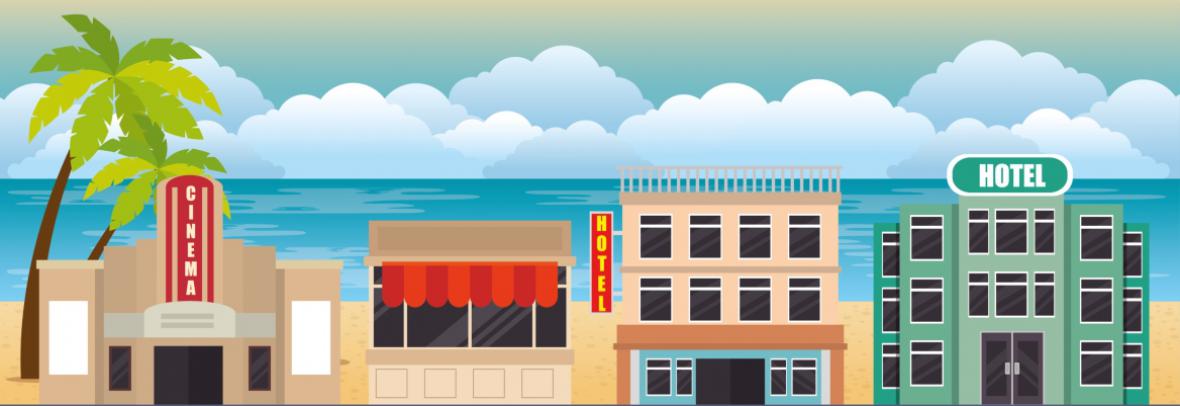
Rising Interest Rates Hurting Landlords
The cost to insure commercial real estate loans has gone up. Borrowers usually “hedge” against interest rate changes, and many older agreements are expiring.
NEW YORK – The cost of insuring commercial real estate loans surged over the past year along with rising interest rates.
Lenders typically require that borrowers hedge against an increase in borrowing costs through interest-rate cap agreements. The cost of this insurance is minimal when rates are low, but many of the current agreements are expiring. As a result, renewing this protection currently costs 10 times as much as it did 12 months ago, according to analysts and brokers.
Michael Gigliotti, co-head of JLL Capital Markets’ New York office, anticipates an increase in property sales this year from owners who opt to sell their building rather than spend millions of dollars on a new rate cap, which could eventually become a primary factor in reducing real estate values.
Data firm CoStar Group estimates that the U.S. office vacancy rate was 12.3% at the end of 2022’s third quarter, though even strongly performing areas such as multifamily are seeing hurdles as apartment rents cool and new supply emerges.
As a result of higher rates and concerns about a recession, commercial owners may be less likely to borrow money for new construction projects or renovate existing properties this year.
The Mortgage Bankers Association (MBA) predicts that commercial real estate borrowing will decline by 5% across all sectors in 2023 compared with 2022. A 2019 report by MBA found that approximately one-third of all commercial property debt was floating rate.
Source: Wall Street Journal (01/17/23) Parker, Will; Putzier, Konrad
© Copyright 2023 INFORMATION INC., Bethesda, MD (301) 215-4688
